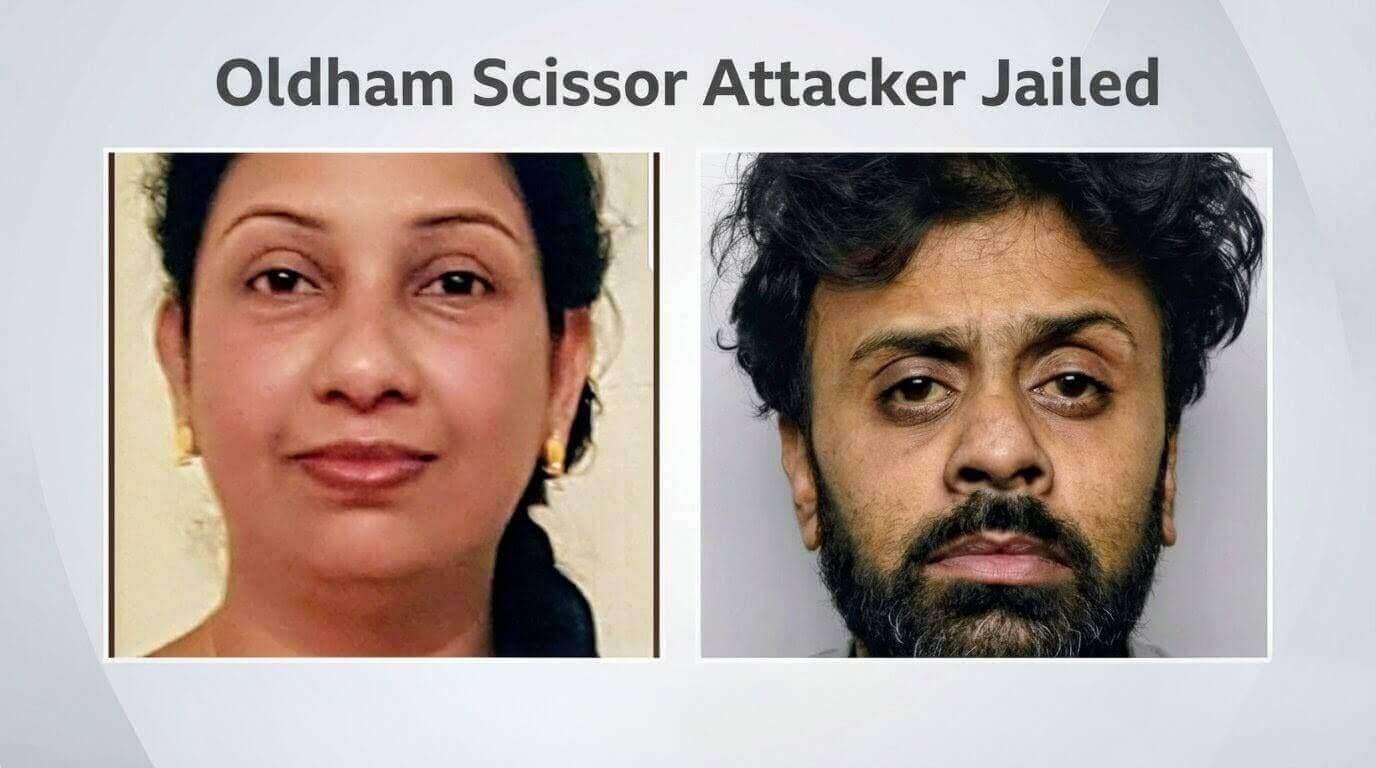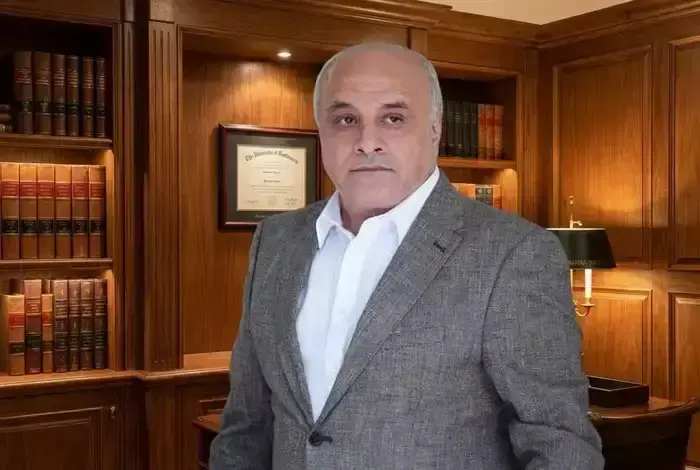A woman who masqueraded as a qualified psychiatrist for over two decades, defrauding the NHS of millions, has been ordered to pay back more than £400,000 or face an additional two-and-a-half years behind bars. Zholia Alemi, 62, from Burnley, Lancashire, was already serving a seven-year sentence handed down in February 2023 for a string of fraud offences, Daily Dazzling Dawn understands.
The order, issued this week, mandates Alemi to pay £406,624 in compensation to the NHS. The court heard that Alemi had earned an estimated £1.3 million during her extensive period of deception.
Alemi’s elaborate fraud came to light after she was found guilty at Manchester Crown Court of forging a degree certificate and a letter of verification. These counterfeit documents, purporting to be from the University of Auckland in New Zealand, were used by Alemi to register with the General Medical Council (GMC) in 1995. The reality was that Alemi, born in Iran, had attended the University of Auckland in the early 1990s but failed to complete the required Bachelor of Medicine, Bachelor of Surgery degree and was even refused permission to resit her examinations.
Throughout her 20-year career, Alemi worked "more or less continuously" for various NHS trusts and private healthcare providers across England, Scotland, Wales, and Northern Ireland. Evidence presented in court revealed that she deliberately moved around the country to different posts, a tactic designed to avoid suspicion being raised about her true qualifications.
Adrian Foster of the Crown Prosecution Service (CPS) emphasized the collaborative effort to recover the illicit gains. "We have robustly pursued the proceeds of crime with the NHS Counter Fraud Authority and have identified all the assets that she has available to pay her order," Mr. Foster stated. He further condemned Alemi's actions, noting her "little regard for patient welfare."
Mr. Foster highlighted the serious implications of Alemi’s deception: "She used forged New Zealand medical qualifications to obtain employment as an NHS psychiatrist for 20 years. In doing so, she must have treated hundreds of patients when she was unqualified to do so, potentially putting those patients at risk." He concluded, "Her fraudulent actions also enabled her to dishonestly earn income and benefits more than £1 million, to which she was not entitled. She cheated the public purse and £406,624 will be paid in compensation to the NHS.”
The shocking truth about Alemi's background began to unravel after her conviction at Carlisle Crown Court in 2018. In that case, she was found guilty of three fraud offences and one count of theft, stemming from an attempt to forge the will and powers of attorney of an elderly patient. Following this conviction, Phil Coleman, chief reporter for Cumbrian Newspapers, initiated inquiries into Alemi’s past. His persistent investigation revealed that she had never completed her medical qualifications, prompting Cumbria Police to launch a deeper probe into her background, ultimately exposing the full extent of her audacious fraud.
Impact on Patients: While the news mentions "hundreds of patients" potentially being at risk, the full extent of the harm or misdiagnosis caused by Alemi's unqualified practice is likely still being assessed. Many of these patients may never be aware that they were treated by a bogus doctor.
GMC's Role and Subsequent Changes: This case sparked a significant review of the General Medical Council's verification processes. The GMC faced criticism for its reliance on original documentation from foreign universities, leading to an overhaul of their procedures to include more rigorous checks directly with institutions.
Motivations: While financial gain is clear, the psychological motivations behind such an elaborate and sustained deception are complex. Was it purely financial, or was there a desire for status and professional identity?
Broader Implications: The case raises questions about oversight in both NHS trusts and private healthcare providers, and how a person could operate unqualified for such a long period across multiple jurisdictions without being detected.








.svg)


